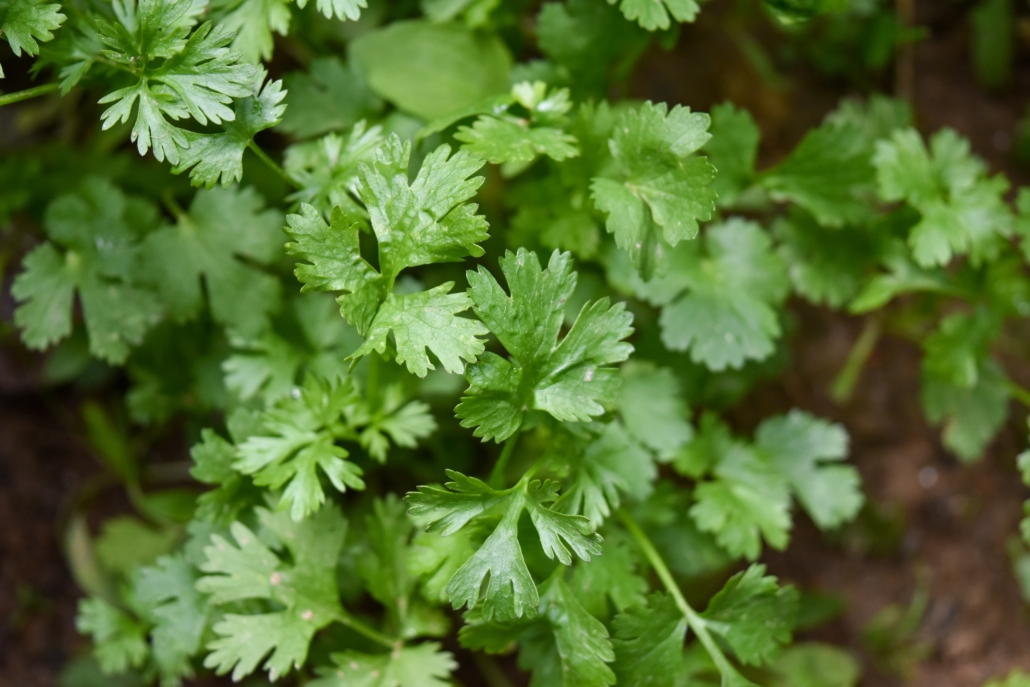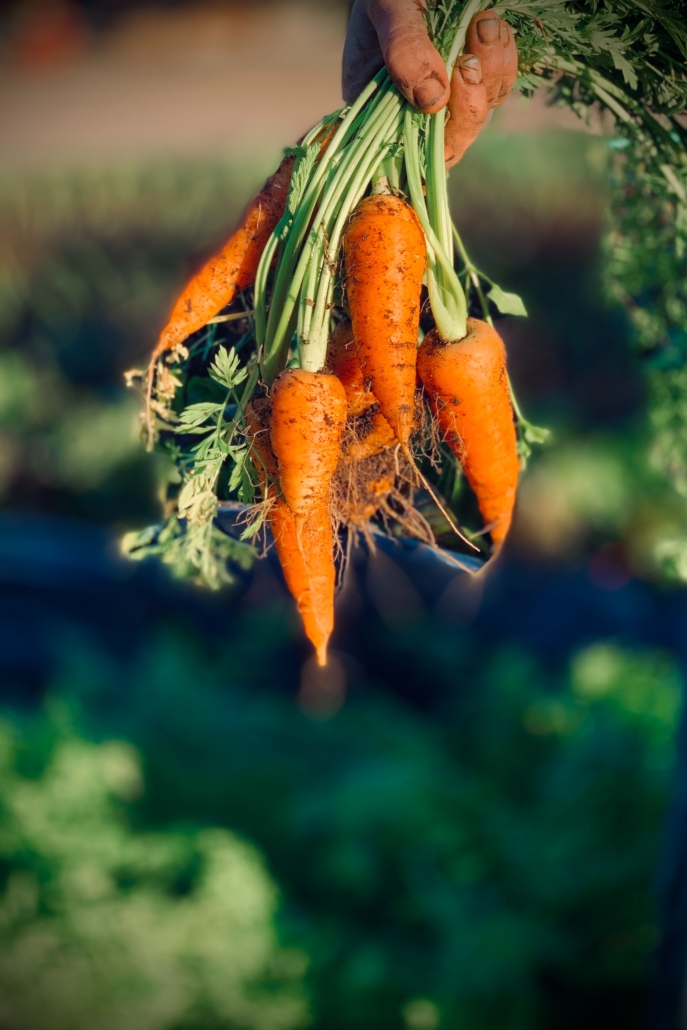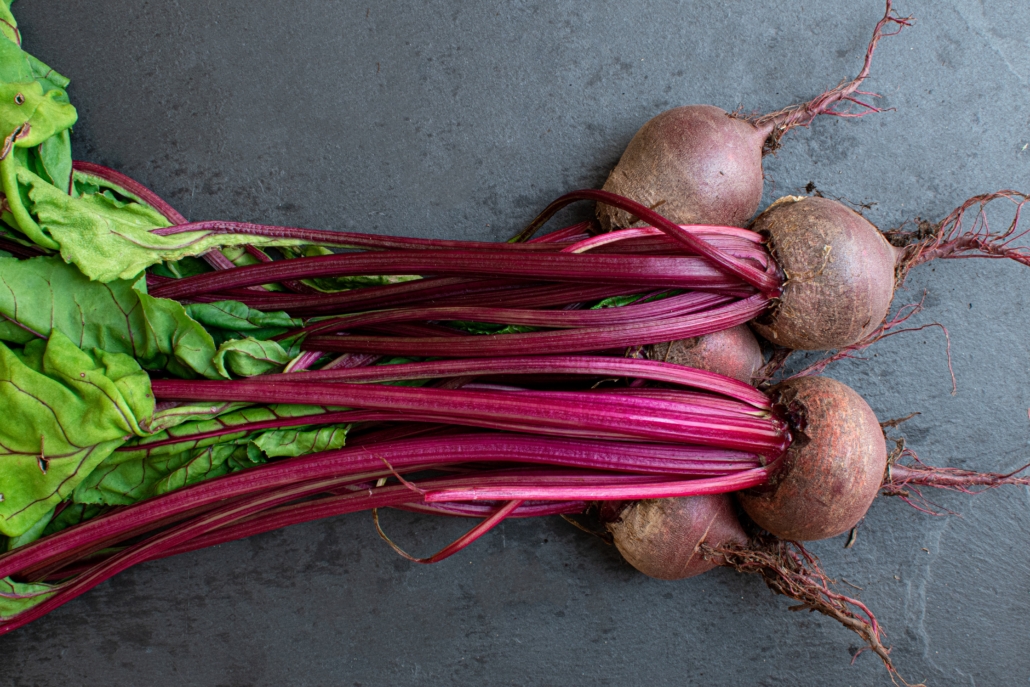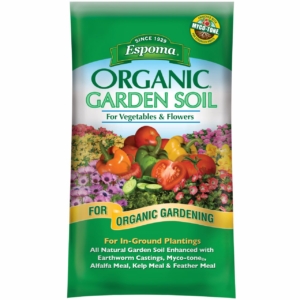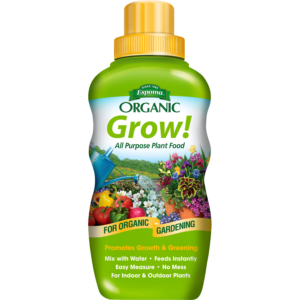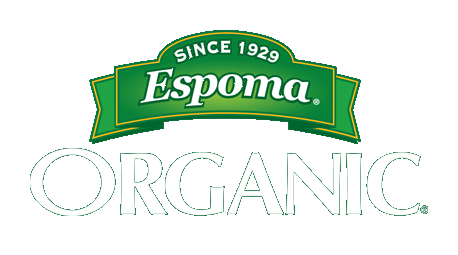Seeds not only provide us with food to eat, but they represent the future and allow us to reflect on our history. They are heirlooms, a connection to our ancestors and their stories. In this blog, we celebrate stories of Asian culture and connection to nature and food through seeds, with YC Miller from Kitazawa Seed Company.
YC walks us through the importance of preserving our heritage through seeds with heartwarming stories from Kitazawa customers on how a simple vegetable can carry so much family history and pride.
This blog is inspired by Episode 152 of Bloom and Grow Radio Podcast, where host Maria Failla interviewed YC Miller from Kitazawa Seed Company. 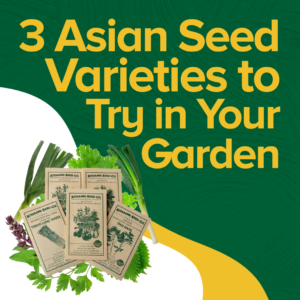
How Growing Food Can Reconnect Us with Our Heritage
YC didn’t grow up growing any Korean vegetables. Coming to them as an adult has played a huge part in how she has reconnected with their heritage.
Fifteen years ago, YC went on a heritage trip to Korea. For a portion of the trip, she worked on a farm. She recalls that experience as one of the first times she understood what roots really meant. It really spoke to YC’s soul about who she was as a person and created a deep sense of belonging.
That moment served as an awakening of their heritage, but also a reconnection with food and the plants, vegetables, and agricultural practices that went along with that. Ever since then, it’s been a constant learning process through their work at Kitazawa Seed Company.
Many Americans, descendants of immigrants, share a similar experience in reconnecting with their culturally significant vegetables and stories of families bringing seeds over from their home countries. With their work at Kitazawa Seed Company, YC says it’s been a pleasure to be able to celebrate and honor that connection, and to be a source of seeds and food that help foster that connection.
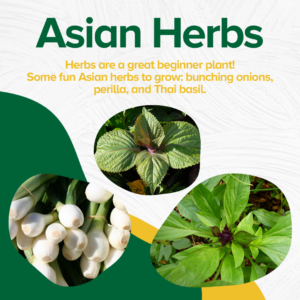
How Two Brothers Built Kitazawa Seed Company
Kitazawa Seed Company was started by two brothers in 1917. It is the oldest Asian seed company in the United States, specializing in Asian varieties. The brothers were selling seeds to Japanese farmers in California, and also providing traditional Japanese vegetable seeds to home gardeners who were growing them for their families and communities.
From 1942 to 1945 Kitazawa Seed Company was forced to abandon the business due to WWII. The Kitazawa family, along with all other Japanese-Americans, were moved and put into Relocation Camps during that time. The brothers restarted the business after the war. Many of their customers had relocated due to land ownership changes. This is when Kitazawa began selling and shipping seeds across the United States and really flourishing. It has continued the tradition of selling both to commercial farmers and to the home gardener.
A major goal of Kitazawa has been to bring in seeds that are otherwise inaccessible. It started as a company that focused mostly on Japanese vegetables, because that was primarily the customer base. With waves of immigration from Asia to the United States, there’s been a changing demand for different kinds of Asian vegetables. Now Kitazawa has expanded its offerings to be able to provide vegetables for lots of different communities.
Preserving Seed Diversity and the Immigrant Experience
Kitazawa strives to provide lots of hybrid seed varieties that are reliable, but they also value open pollinated varieties. If you were to grow an open pollinated squash variety in California and grow that same variety in New York, saving seeds year after year, those seeds would adapt to the different microclimates they were grown in. While they’re still the same variety of squash, certain traits would emerge, making them better suited for each region.
An interesting parallel to note is the similarity in the seed and the home grower who originally brought it to the United States. Seeds come from a different homeland and take on the soil, the air, and the sunshine from their new home. As seeds thrive, they continue to change and evolve. Similar to the immigrant experience in adapting to your new environment.
As home gardeners, we may not think much about saving seeds. But it’s something YC highly encourages us to do to create more locally adapted, resilient seed varieties.
Where and How Does Kitazawa Source Their Seed Varieties?
A lot of Kitazawa’s seeds are imported from Asia, where they have been working with many of the same reliable growers for decades. There are plans in place to consider more domestic production, especially considering supply chain issues and shipping. There are amazing people doing small batch seed production in the United States that are doing incredible work, specifically with landrace varieties. Landrace seeds have evolved traits naturally over time in response to growing conditions like pests, climate, and diseases in a specific location.
Kitazawa not only considers a particular variety, but also a high standard of quality when bringing in seeds. They grow out new varieties first so they can ensure the health and vigor of the seeds they offer to customers. The process can take several years to not only source the seed, but to also ensure the integrity of the seed packet they sell.
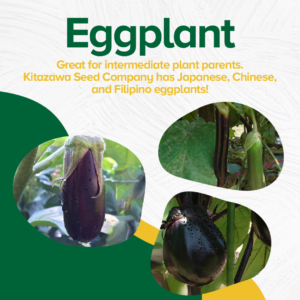
What Are the Differences Between Japanese, Chinese, and Filipino Eggplants?
One of Kitazawa’s new varieties is a Filipino eggplant. They have had customer requests for years to carry a Filipino eggplant in their seed options. While they have lots of Japanese and Chinese eggplant varieties, none of them were quite right for their Filipino clientele.
Traditionally, people think of a Japanese eggplant as being long, narrow, and purple. Generally the Japanese eggplants also have a purple calyx, which is the part of the eggplant that attaches to the stem. They are also quite firm with low moisture content, and often used for pickles.
Chinese eggplants often have a green calyx and are lighter in color than the Japanese eggplants. Their texture is a bit creamier too.
The Filipino eggplant Kitazawa is sourcing is a greenish purple with a green and purple calyx. Generally, Filipino eggplants are more tender and a bit sweet.
YC’s Recommended Kitazawa Varieties for Beginners
One of the great things about Asian vegetables is there’s such a huge diversity. There is something for everyone from the beginning gardener to the more experienced gardener and everyone in between.
For people who are just starting out, some of the easiest plants to get started are Asian herbs. There is a huge variety of Asian herbs from bunching onions that you can use in pretty much everything to Thai basil and all of the different kinds of perilla.
And then there are types that YC would consider big payoff varieties. With a crop like peas, you can eat the shoots and the peas once they form. They’re easy to grow and you get a lot of vegetables for your effort. Japanese cucumbers are another wonderful option and fairly easy to grow with a trellis.
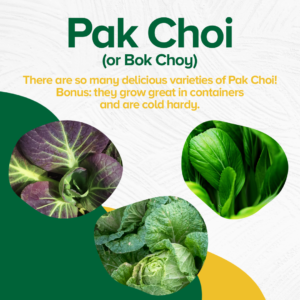
Kitazawa has a huge number of pak choi (or bok choy) available that can be easily grown in a container. They have a bunch of smaller varieties for small space growers. It’s a cold hardy vegetable you can grow in Spring and Fall.
If that all sounds overwhelming, Kitazawa is always happy to give seed recommendations. You can give them a call and they’d be happy to help assist you.
YC’s Favorite Recipe to Cook
Korean perilla is a Korean herb, and a very meaningful plant to YC personally, so it’s their go-to plant. She uses it in two ways: one, as a kind of lettuce wrap and two, she pickles it!
It’s really wonderful as a pickle or as a kimchi. Kitazawa carries many of the perilla varieties, including Japanese shiso, a Vietnamese variety, and a Korean variety. They’re also very easy to grow in containers!
To learn more about different Asian recipes, check out the Kitazawa Recipe Blog.
Visit Kitazawa Seed Company
*****
About Bloom & Grow Radio Podcast
Bloom & Grow Radio Podcast helps people care for plants successfully and cultivate more joy in their lives. Host Maria Failla, a former plant killer turned happy plant lady, interviews experts on various aspects of plant care, and encourages listeners to not only care for plants, but learn to care for themselves along the way.
About Our Interviewee
YC Miller works for Kitazawa Seed Company, which specializes in offering the highest quality Asian seeds to delight the diverse palates of their customers. They offer over 500 seed varieties that produce dento yasai or traditional heirloom vegetables of Japan, to the Asian vegetables popularly found in farmers’ markets, specialty grocery stores, and restaurants. Now you can grow them in your kitchen garden, sell them at your garden center and grow them commercially.
Follow Kitazawa Seed Company:
Website
Email
Featured Products:
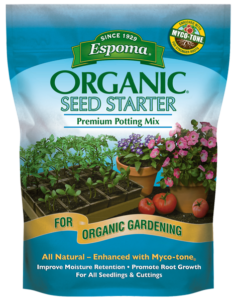
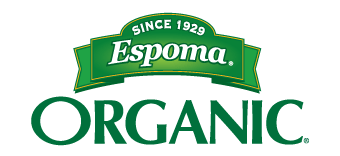
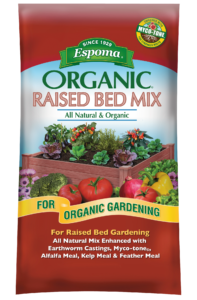
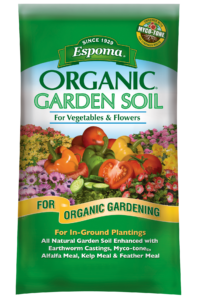
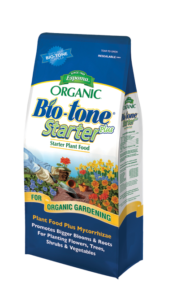
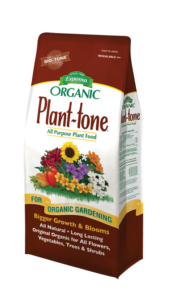
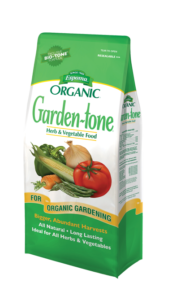

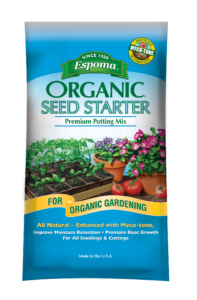





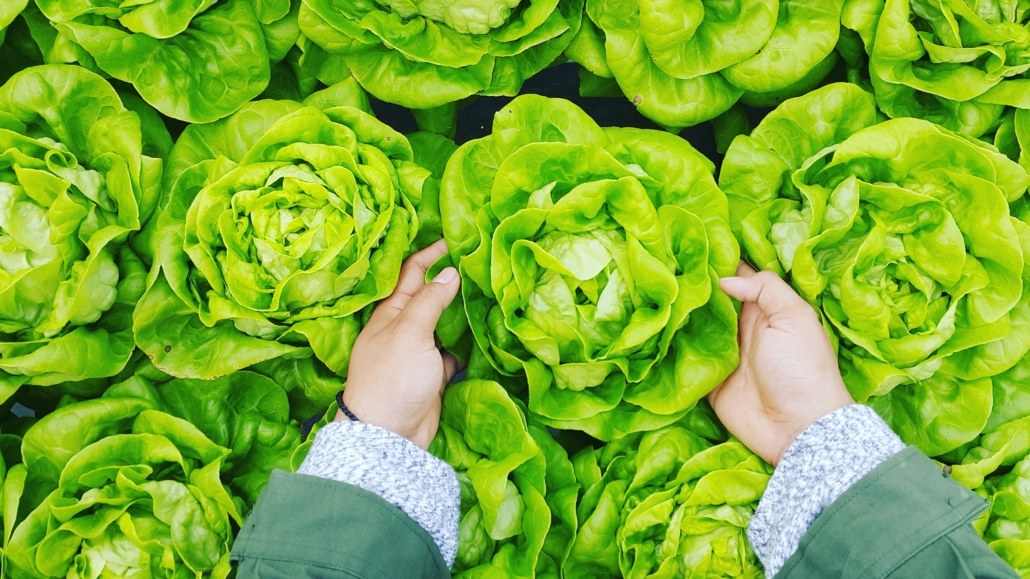
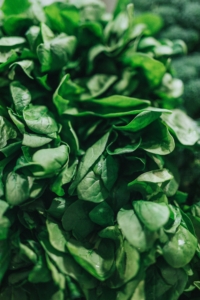 Spinach
Spinach